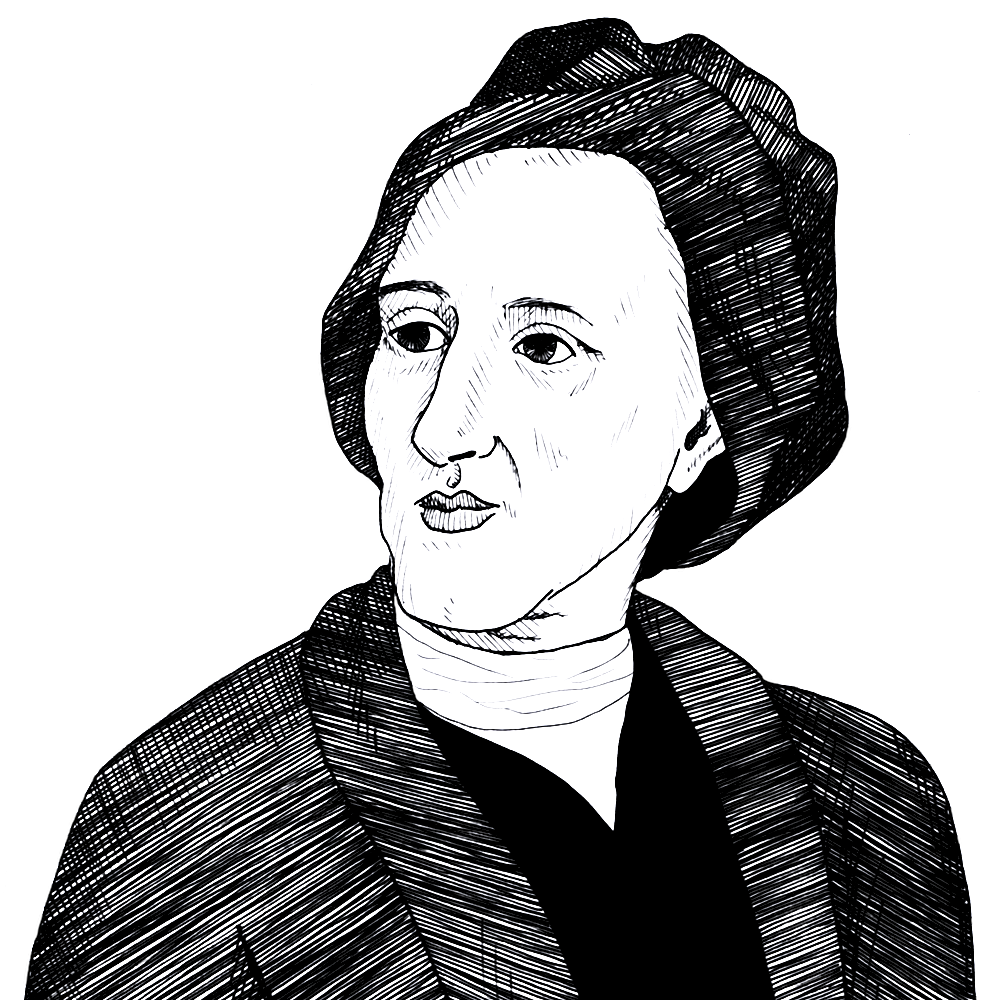
Alexander Pope on how private “self love” can lead to the public good (1732)
Found in: The Complete Poetical Works of Alexander Pope
The English poet Alexander Pope (1688-1744) in his “An Essay on Man” (1732) argues that “even kings” are obliged to act increasingly morally because of the operation of the natural laws which govern society and the world:
Economics
So drives Self-love thro’ just and thro’ unjust, [269]
To one man’s power, ambition, lucre, lust:
The same Self-love in all becomes the cause
Of what restrains him, government and laws.
For, what one likes if others like as well,
What serves one will, when many wills rebel?
How shall he keep what, sleeping or awake,
A weaker may surprise, a stronger take?
His safety must his liberty restrain:
All join to guard what each desires to gain.
Forc’d into virtue thus by self-defence,
Ev’n kings learn’d justice and benevolence: [280]
Self-love forsook the path it first pursued,
And found the private in the public good.